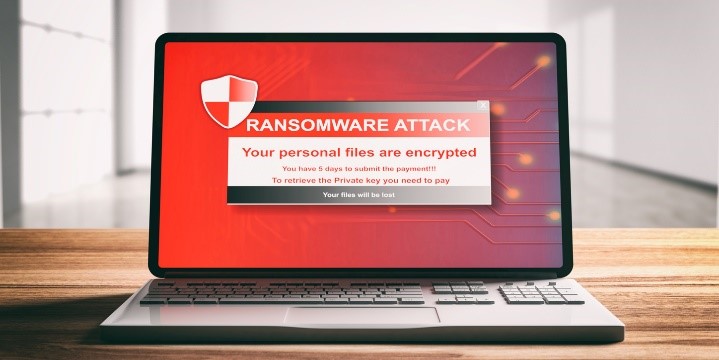Ensuring Privacy Protection and Continuity of Essential Services in Municipalities
Introduction
In today’s digital age, citizens expect municipal leaders to safeguard their privacy and ensure the uninterrupted provision of essential services. However, the rising incidence of cybersecurity breaches in Canada is a significant menace to these expectations. There is a widely recognized, critical need for municipalities to enhance their cybersecurity preparedness to protect the integrity of their services and maintain public trust.
The Rising Threat of Cybersecurity Breaches
Cybersecurity breaches are becoming increasingly common across Canada, with many municipalities falling victim to malicious actions that compromise their systems. Widespread awareness of the growing threat, particularly from ransomware attacks, has alerted municipal officials of the importance of safeguarding their digital assets and protecting their systems
.
The Impact of Ransomware Attacks
Ransomware attacks, where attackers encrypt a municipality’s data and demand a ransom for its release, have become a particularly troubling trend. These attacks can paralyze essential services, from water treatment facilities to public transportation systems, and lead to significant financial and reputational damage. The impact on citizens’ daily lives can be profound, eroding trust in municipal governance.
The Knowledge Gap in Cybersecurity
A key challenge in addressing these threats is the lack of familiarity with cybersecurity among municipal officials. This knowledge gap often leaves leaders with more questions than answers, impeding their ability to make informed decisions about protecting their systems. Often the entry point of ransomware attacks is outdated infrastructure controls that were never expected to be internet connected. The transition to replace legacy systems with more secure, scalable, and efficient technologies is supported by OT or Cyber audits which identify vulnerabilities, quantify risks, and prioritize critical updates.
Overcoming the Knowledge Gap
Education and training are crucial for municipal leaders to bridge this knowledge gap. By gaining a deeper understanding of cybersecurity risks and the measures needed to mitigate them, officials can better safeguard their municipalities against potential attacks. However, education alone is not enough; municipalities must also adopt proactive strategies to enhance their cyber resilience.
Leveraging Military Veterans’ Expertise
An often-overlooked resource in enhancing municipal cybersecurity is military veterans. Many veterans, including those with cyber training, settle in rural, remote, or suburban communities post-release. These individuals possess valuable cybersecurity skills and are often willing to work virtually, in-person, or in hybrid roles. By employing cyber-trained veterans, municipalities can significantly bolster their cybersecurity capabilities. Veterans bring a disciplined approach to problem-solving and a wealth of experience in managing complex security issues, making them an asset in developing and implementing robust cybersecurity strategies.


